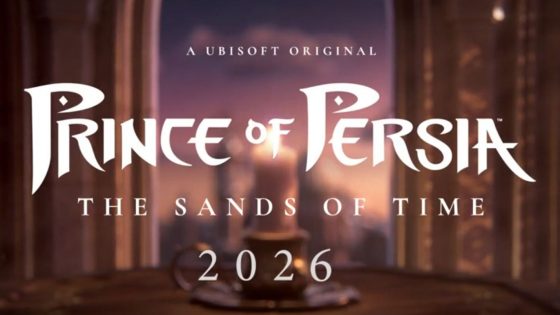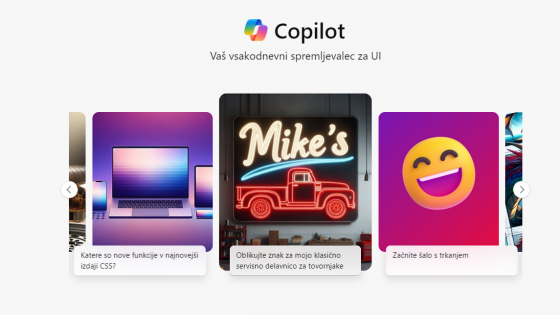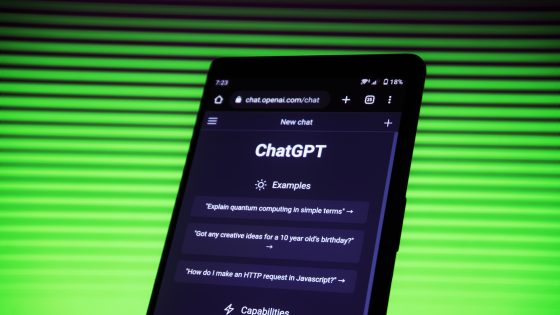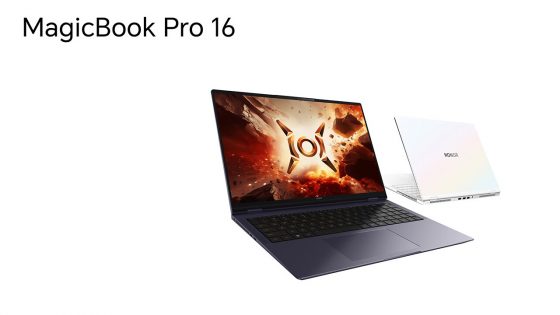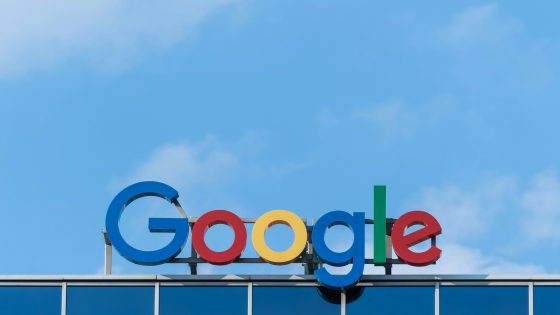OpenAI's GPT-5 is Coming: What to Expect?
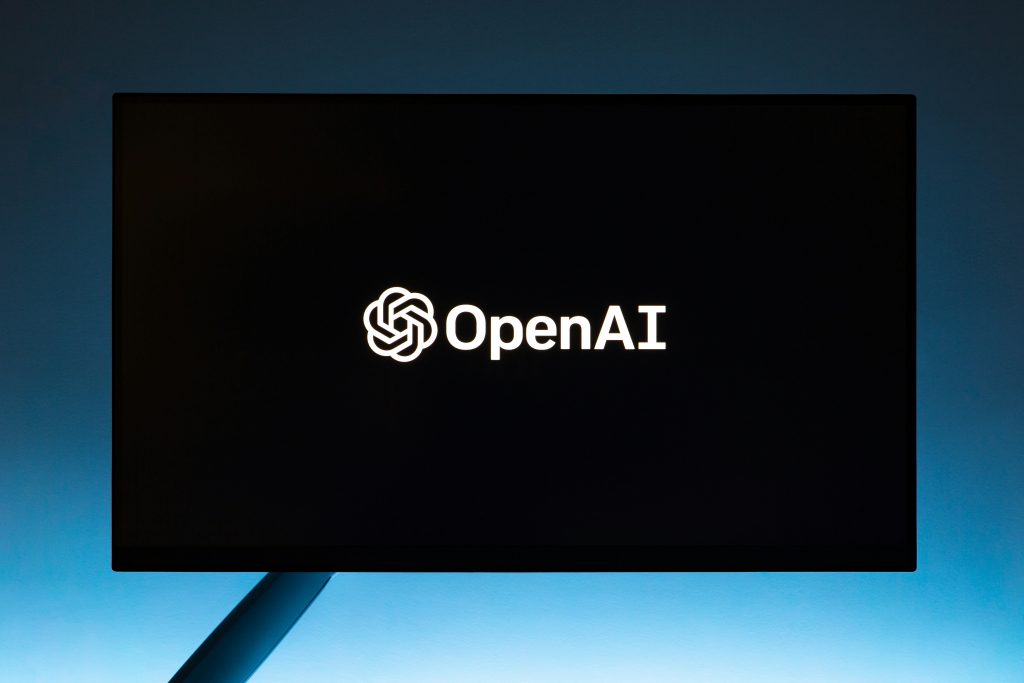
The race for supremacy in the field of artificial intelligence continues, and before long we will be treated to a new, big milestone that could sweep the competition, or completely disappoint, that is GPT-5. OpenAI is working hard to develop a new model and hopes to make a big leap like the one created by ChatGPT in 2022.
“If OpenAI can deliver technology that lives up to their ambitious vision of what AI can become, it will be transformative for the company's own prospects, as well as the broader economic picture,” they wrote Hamish Low and other analysts at Enders Analysis in a recent study “Failure can be fatal.”.
The stakes are high for OpenAI. They face a growing list of wealthy rivals who are spending big to invest in artificial intelligence. Analysts added that staying on top of AI was crucial for OpenAI to deliver on what it had promised to the investors it depended on.
How much better will GPT-5 be?
GPT-5 will definitely be more powerful than GPT-4. But will it be enough to separate OpenAI — which is apparently spending billions of dollars — from the increasingly impressive array of other UI models on offer?
Some potential GPT-5 customers aren't so sure.
“I don't know if this size will be felt", he said Jake Heller, CEO and co-founder of Casetext, a UI-powered legal assistant that was recently acquired by Thomson Reuters. Heller is already rolling out GPT-4, along with other commercially available models, to help lawyers research, evaluate contracts and perform countless other tasks traditionally performed by $500-an-hour novices.
Heller told Business Insider that for specific tasks like the ones listed above, the transition from GPT-3 to GPT-4 was like going from "grade school to college," a huge shift. He expects the outcome of GPT-5 to be more like going from undergraduate to doctoral studies — certainly better, but not necessarily significantly.
Larger context window
Heller added that he expects the new model to have a larger context window. This would enable him to process longer texts and make it easier to compare contracts or some other legal documents, which sometimes contain hundreds of pages. He is also excited about the GPT-5's potential multimodal capabilities – the ability to work with audio, video and text simultaneously.
Will GPT-5 be worth our money?
Most agree that GPT-5 technology will be better, but the important and less sexy question is whether all these new capabilities will be worth the extra cost. At this point, companies are wondering whether it is worth investing in models, or whether to use their knowledge and train their own models.
For now, of course, it is not yet known what the price of the new model will be. Many users are already opting for smaller, cheaper models, and AI companies are increasingly competing on price rather than performance. It remains to be seen whether the added capabilities of the GPT-5 will be enough to convince price-conscious developers.










